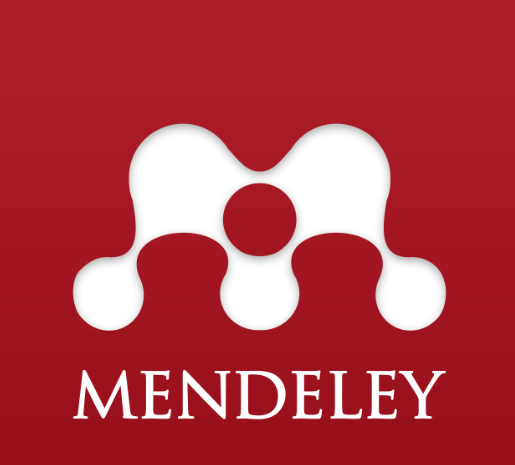PENGARUH ARUS KAS BEBAS, HUTANG DAN LABA TERHADAP DIVIDEN PADA PERUSAHAAN MANUFAKTUR YANG TERCATAT DI BURSA EFEK INDONESIA TAHUN 2012-2014
DOI:
https://doi.org/10.22219/jmb.v6i1.5393Keywords:
Dividend, Free Cash Flow, Debt, ProfitAbstract
The purpose of this research is to know and analyze the effect of variable free cash flow (FCF), debt (DAR) and earnings (EPS) of dividends (DPR), and determine which variables are most effect on the dividend. This type of research is explanatory research with quantitative approach and using multiple regression analysis with a sample of manufacturing companies listed in Indonesia Stock Exchange that cash dividends for three years, have complete data, and does not have a negative net income during the years 2012-2014. Based on the results of the research indicated that the variable free cash flow (FCF), debt (DAR) and earnings (EPS) significantly affects the dividend (DPR), which is reinforced by F test and t test. The results of the f test (simultaneous) indicate that third variable indepen (free cash flow, debt and profit) together affect dividends significantly. The results of the t test (partial) indicates that the variable free cash flow positive effect is not significantly to dividends. Variable debt negative effect is not significanly to dividend and variable profit significant positive effect on the dividend. The variables that most influence on dividends are variable profit.
Downloads
Downloads
Published
Issue
Section
License
Authors who publish with this journal agree to the following terms:
- Authors retain copyright and grant the journal right of first publication with the work simultaneously licensed under a Creative Commons Attribution-ShareAlike 4.0 International License that allows others to share the work with an acknowledgment of the work's authorship and initial publication in this journal.
- Authors are able to enter into separate, additional contractual arrangements for the non-exclusive distribution of the journal's published version of the work (e.g., post it to an institutional repository or publish it in a book), with an acknowledgment of its initial publication in this journal.
- Authors are permitted and encouraged to post their work online (e.g., in institutional repositories or on their website) prior to and during the submission process, as it can lead to productive exchanges, as well as earlier and greater citation of published work (See The Effect of Open Access).

This work is licensed under a Creative Commons Attribution-ShareAlike 4.0 International License.




71.png)





